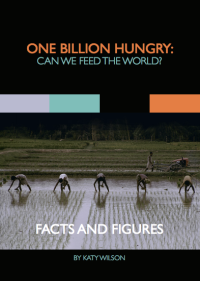 “As the world stands at a climate crossroads, it is powerful yet humbling to think that our actions today will decide what tomorrow will look like for generations to come.” Saturday 19th March at 08:30 pm local time is Earth Hour, a worldwide grassroots movement organised by WWF, which originally began as a lights-off event in Sydney, Australia in 2007. Since then this annual global celebration where people switch off their lights for one hour has become a symbolic display of how much we care for and want to protect the planet. Last year a record number of people from across 172 countries celebrated Earth Hour.
“As the world stands at a climate crossroads, it is powerful yet humbling to think that our actions today will decide what tomorrow will look like for generations to come.” Saturday 19th March at 08:30 pm local time is Earth Hour, a worldwide grassroots movement organised by WWF, which originally began as a lights-off event in Sydney, Australia in 2007. Since then this annual global celebration where people switch off their lights for one hour has become a symbolic display of how much we care for and want to protect the planet. Last year a record number of people from across 172 countries celebrated Earth Hour.
A recent article from WWF outlining climate events of 2015, makes it clear that Earth Hour this year is crucial to continued progress on climate change. Firstly changes in our climate continue to be worrying: 2015 became the official hottest year on record, winter sea ice in the Arctic reached a record low and the haze crisis brought about by illegal slash-and-burn methods to clear land for palm oil and paper production hit Southeast Asia. But there is also significant progress being made in policy that needs to be celebrated but also built upon: the “Well-being of Future Generations” bill passed by Wales, the 114 companies who committed to reduce emissions on the sidelines of COP21, the 1000 mayors who committed to 100% renewable energy and of course the Paris Climate Agreement. [Read more…]









